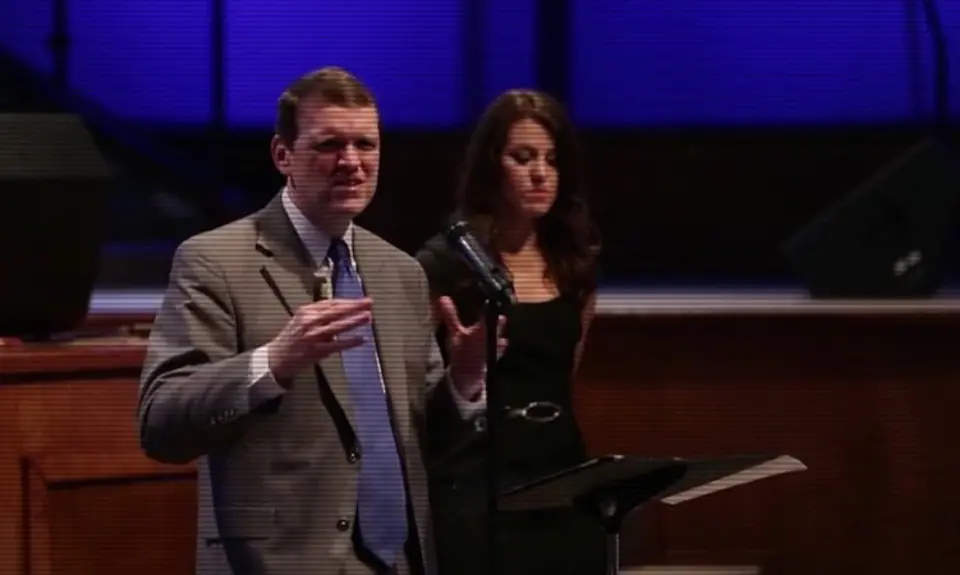The White House today walked back the nominations of two of President Trump’s most controversial judicial nominees, Brett Talley, a 36-year-old with a record of online extremism who had never tried a case, and Jeff Mateer, a former attorney for a Religious Right legal group who had said that transgender children were part of “Satan’s plan.”
Talley, as we reported, had called for readers of his blog to join the NRA after the massacre at Sandy Hook Elementary School and had written on Twitter that Hillary Clinton should be in jail, calling her “Hillary Rotten Clinton.” The outcry over Talley’s nomination to a district court seat in Alabama increased when the American Bar Association gave him a rare “unanimously not qualified” rating—which was no surprise, since he’s only actually practiced law for a couple of years and has never actually tried a case in court.
Mateer, a former attorney for the Religious Right legal group First Liberty Institute, was saddled with a record of public speeches and interviews in which he had said that transgender kids are part of “Satan’s plan,” warned that marriage equality would lead to “disgusting” new forms of marriage such as “people marrying their pets,” defended ex-gay conversion therapy, and questioned whether there’s a “right to homosexuality” in the 14th Amendment. On top of that, Mateer had spoken at a conference sponsored by radical anti-LGBTQ pastor Kevin Swanson, who was known for speaking about the death penalty for homosexuality.
People For the American Way included some lowlights in a video opposing Mateer’s nomination:
[embed]
[/embed]
The writing seemed to be on the wall for Talley and Mateer yesterday when Republican Senate Judiciary Committee Chairman Chuck Grassley urged the White House to drop their nominations.
While Talley and Mateer were two of the most colorfully controversial judicial nominees put forward by Trump, they were far from the only ones with extremist views or other disqualifications. Just yesterday, the Senate voted along party lines to confirm Steven Grasz, who had also earned a unanimous “not qualified” rating from the ABA, to a lifetime appeals court seat due to bias. The ABA was concerned that Grasz, who has a history of strident anti-choice and anti-LGBTQ activism, would be “unable to separate his role as an advocate from that of a judge."
Last week, the Senate Judiciary Committee approved four controversial nominees, including Texas Supreme Court Justice Don Willett, who while working in the Bush administration had opposed a proclamation praising efforts on behalf of women in the workforce, writing, “I resist the proclamation’s talk of ‘glass ceilings,’ pay equity (an allegation that some studies debunk), the need to place kids in the care of rented strangers, sexual discrimination/harassment, and the need generally for better ‘working conditions’ for women (read: more government).”
And just today, the Judiciary Committee held a hearing on the nomination of Mateer’s former First Liberty colleague, Matthew Kacsmaryk, who has used less controversial language to express many of the same sentiments, including lobbying the Trump administration to weaken the Affordable Care Act’s contraception coverage mandate. Another veteran of the conservative movement’s attempt to walk back LGBTQ and reproductive rights in the name of religious liberty, former Hobby Lobby attorney Kyle Duncan, has also been nominated to a federal judgeship.





